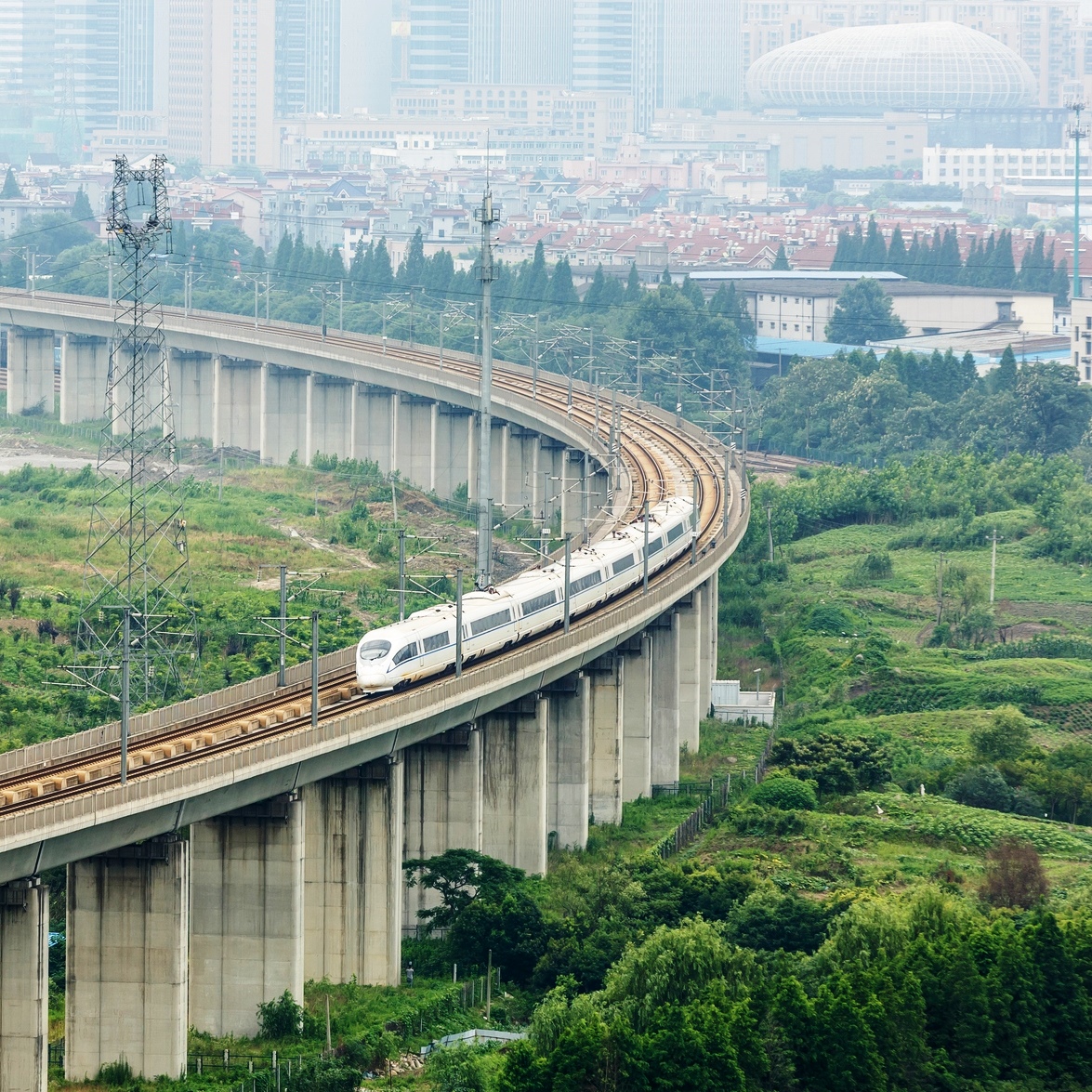
Moody’s cut China’s debt rating to A1 from Aa3 because of rising national financial obligations and worries that GDP growth rate will slow. It is a blow to the central government, which has made the case that the Chinese economy will continue to strengthen, to some extent because of ongoing support for many industries and the banking systems.
Moody’s report read:
Moody’s Investors Service has today downgraded the ratings of 26 Chinese non-financial corporate and infrastructure government-related issuers (GRIs) and rated subsidiaries by one notch from their previous levels.
The 26 issuers comprise 1) 17 GRIs and rated subsidiaries that are ultimately owned by the central government (central GRIs), and 2) nine GRIs and rated subsidiaries that are ultimately owned by regional and local governments (local GRIs).
At the same time, Moody’s has changed to stable from negative the rating outlooks of 24 out of the 26 GRIs and rated subsidiaries.
The outlooks on the two remaining GRI subsidiaries are negative.
This follows Moody’s decision to downgrade China’s sovereign rating to A1 from Aa3 and change the outlook to stable from negative, as announced on May 24, 2017.
The credit firm added:
The rating action reflects:
a) The downgrade of the sovereign and consequent equivalent negative flow-on impact to our assessment of the credit quality of regional and local governments (RLGs) which are closely connected to the sovereign;
b) Under Moody’s joint default analysis approach for GRIs, the rating or credit quality of governments providing support to GRIs is one of the key inputs for the GRIs’ ratings. For this group of GRIs and subsidiaries, their ratings are very sensitive to a decline in the rating or credit quality of their owner government;
c) As a result, each of the relevant GRIs is downgraded by one notch, consistent with the downgrade of the sovereign rating.
As the growth of the old Western economies, particularly the United States and Europe, has slowed and the negative growth of Japan, once the world’s second largest economy, has persisted, China has become the engine of the global economy. Its GDP growth rate, routinely around 10%, has slowed to 7%. Worries are that China, now the second largest economy behind the United States, cannot thrive without the ability to continue export growth. Slow growth of other major nations cannot support that. This means China has to fall back on its own consumers. Whether this works may be the most critical aspect of the health of China’s economy in the future.
Thank you for reading! Have some feedback for us?
Contact the 24/7 Wall St. editorial team.


